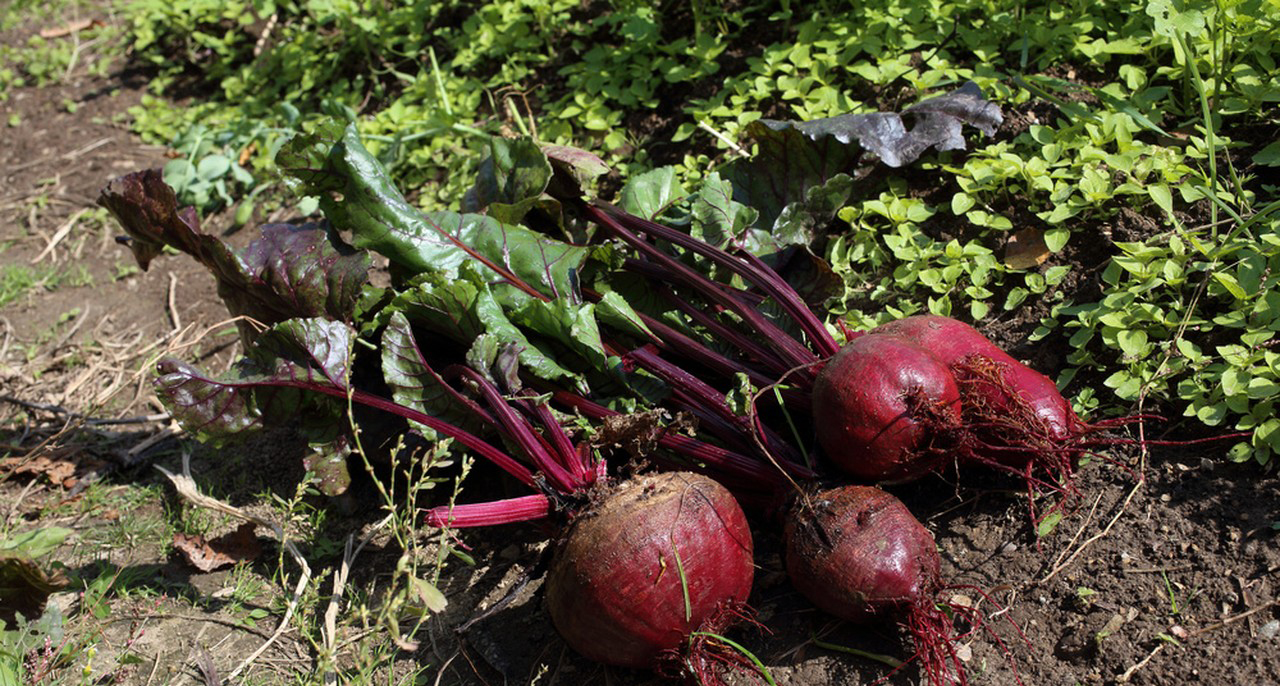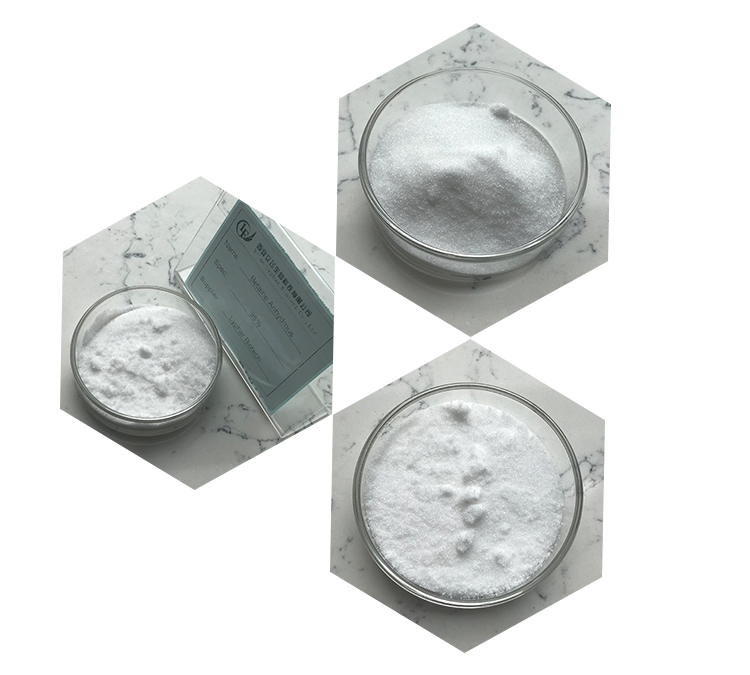Betaine is a naturally occurring compound found in various plants, animals, and microorganisms. It has diverse applications in several industries due to its chemical and functional properties. Here are some key applications of betaine:
Applications of Betaine
1. Agriculture and Animal Feed
- Growth Promoter: Betaine is often added to animal feed (poultry, pigs, cattle, and aquaculture) as a growth promoter. It improves feed efficiency, enhances lean muscle growth, and helps reduce fat deposition.
- Osmoregulation: Betaine acts as an osmolyte, helping animals cope with heat stress by protecting cells under stress conditions such as dehydration.
- Gut Health: It promotes better gut health in animals by maintaining the integrity of intestinal walls, improving nutrient absorption, and boosting overall digestive health.

2. Human Nutrition and Supplements
- Heart Health: Betaine helps in reducing homocysteine levels in the blood, a risk factor for cardiovascular diseases. Its ability to donate methyl groups plays a role in this process.
- Liver Health: It is used in the treatment of non-alcoholic fatty liver disease (NAFLD) as it aids in fat metabolism and reduces fat accumulation in the liver.
- Athletic Performance: In supplements for athletes, betaine is used to enhance performance, improve muscle strength, endurance, and reduce fatigue.
- Weight Loss: Betaine may support metabolism and fat loss, which makes it popular in weight management products.
3. Cosmetics and Personal Care Products
- Moisturizing Agent: Betaine is used as a humectant in cosmetics and skincare products. It retains moisture and provides a smooth feel to the skin without being sticky.
- Skin Protection: Betaine helps protect the skin from environmental stressors like UV radiation and pollution. Its osmolytic properties can stabilize cell membranes, which can reduce irritation and dryness.
- Hair Care: In shampoos and conditioners, betaine improves the hydration of hair, reducing static and frizz while making hair smoother and shinier.
4. Pharmaceuticals
- Therapeutic Agent: Betaine is used in the treatment of certain metabolic disorders such as homocystinuria, where it helps regulate abnormal homocysteine levels.
- Gastrointestinal Health: Betaine HCl is often included in supplements to aid digestion by increasing stomach acid, especially for individuals with low stomach acidity.
5. Food and Beverages
- Functional Food Ingredient: As a nutrient, betaine is added to health drinks and functional foods for its benefits in improving metabolism, cardiovascular health, and liver function.
- Flavor Enhancer: Betaine has been used to enhance flavors in certain beverages and foods due to its unique properties.
- Nutrient Fortification: It is used as a fortifying agent in foods aimed at improving overall health, particularly those targeting heart and liver health.

6. Industrial Uses
- Detergents: Betaine is incorporated in detergents and cleaning agents due to its mildness and ability to reduce skin irritation, commonly in products like body washes and household cleaners.
- Surfactant: It acts as a mild surfactant in various industrial applications, improving the texture, foam, and stability of formulations.
Betaine’s versatility as a biological molecule, osmolyte, and methyl donor makes it useful across diverse industries, from agriculture and health to cosmetics and cleaning products.
